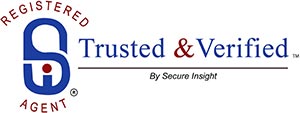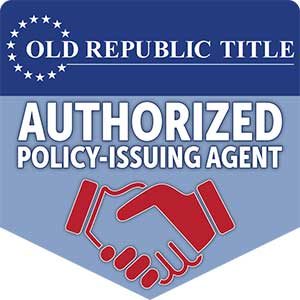Buying a home can be a long and drawn out process. This is the place you and your family are going to be living for the foreseeable future, you want to make sure everything goes smoothly and the home isn’t going to cause major problems that can be avoided before making the purchase. One of the final parts of the home buying process is closing. The closing process can be stressful for many homebuyers, so understanding the process and how long each step might take can help provide you some peace of mind before the time comes.
How Long is the Closing Process in New Jersey?
The closing process usually takes between 30 and 45 days to complete from the first steps to the final walk-through. This is a general breakdown of what steps you will take during this time period. Not every step will apply in every home sale, but in general these are the steps of the closing process.
Sign the Purchase Offer
The purchase offer is the document that will set the closing process in motion. This document holds every detail about how a home will change hands, including what appliances and furnishings are staying in the home and which things the seller is choosing to take with them. This document also sets deadlines for the rest of the closing process.
Open Escrow for Funds and Documentation
There is a lot of money and many important documents that are involved in buying and selling a home. An escrow agent will be able to open up an escrow account to temporarily hold the money and documentation from both parties.
Clear the Title
If you are buying a home, you’ll want to make sure there aren’t any loans, liens, or claims on the title that could pop up in the future and cause problems. A property title search will be able to uncover any of these potential issues before you finalize the purchase on the home.
Perform a General Home Inspection
Buying a home without an inspection is a gamble. So, most buyers are going to get one. There’s only so much the untrained eye can uncover during the initial showing. This will give buyers the opportunity to make sure the systems in your home are in working order and that there are no major problems with the property.
You may also consider additional specialized inspections. If anything is found in these inspections, you can negotiate how to resolve issues before moving any further in the closing process.
Sign the Closing Paperwork
The paperwork you’ll need to sign at closing varies by state and county so connect with your agent for the exact forms your market and situation requires. These documents typically include, but are not limited to:
- The property deed
- Affidavit of title
- Settlement statement
- Closing disclosure
- 1099-S tax form
Once this is completed and all the contracts and escrow paperwork has been finalized and the money has exchanged hands, the process is complete!





